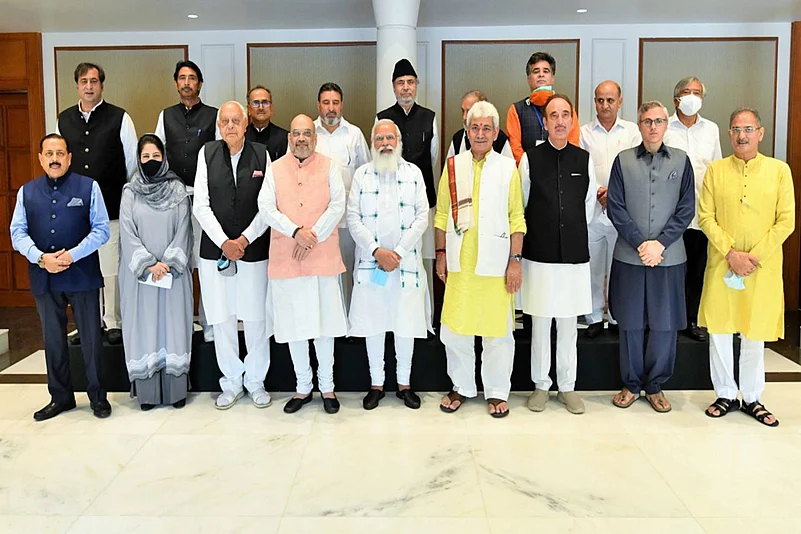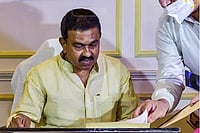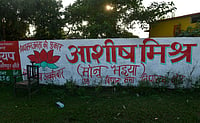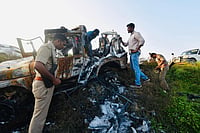The meeting between Prime Minister Narendra Modi and 14 political leaders from Jammu and Kashmir today was more of an ice-breaking and trust-building exercise. Neither side expected any decisions to be taken or timelines to be set.
What did come out from the three-and-a-half-hour-long meeting was an assurance from the PM that the Centre is keen to start the democratic process in J&K at the earliest. He sought the cooperation of the Kashmiri leaders in expediting the ongoing delimitation process following which statehood could be restored and elections held. This, he said, is important for the development of J&K.
More than the actual outcome, it’s the spirit of the meeting that is significant. It is, like the PM said, about removing “Dil Aur Dilli Ki Doori”. It would have happened sooner, had it not been for Covid-19, PM Modi reached out. With the last two years spent in mutual distrust and a slanging match between the Centre and Kashmiri leaders, the meeting is the beginning of the dialogue process, which both sides hope will now continue. It is also a tacit admission by the Centre that it needs the local leadership to reach out to the people of J&K.
Many of the political leaders like Farooq Abdullah and Omar Abdullah of National Conference and Mehbooba Mufti of PDP – all former chief ministers -- were in prolonged preventive detention under the Public Safety Act following the abrogation of Article 370 on August 5, 2019. The constitutional status of Jammu and Kashmir was changed, separating Ladakh, and declaring the two as Union Territories.
A prominent leader from the Valley says PM Modi’s approach was almost reminiscent of late Prime Minister Atal Bihari Vajpayee’s approach to the Kashmir issue. Vajpayee had famously said that the solution to the Kashmir problem will be within the bounds of 'Insaniyat, Kashmiriyat, and Jamhooriyat’.
“The meeting was held in a cordial atmosphere. Modi Ji let us (the Kashmiri leaders) speak our hearts out and he listened patiently. He spoke only at the end of it all. Uncomfortable points were raised by some of the leaders regarding the unconstitutionality and illegality of abrogation of Article 370, misuse of UAPA (Unlawful Activities Prevention Act), and continued detention of many political workers. He heard everything unflinchingly,” he says about the meeting.
However, he shares the long-held mistrust of many of the other leaders who had come from the erstwhile state. “It is one thing to do this for the optics and quite another to walk the talk. It is a long winding road to any semblance of normalcy in the blighted Valley,” he adds.





















.jpg?w=200&auto=format%2Ccompress&fit=max)




